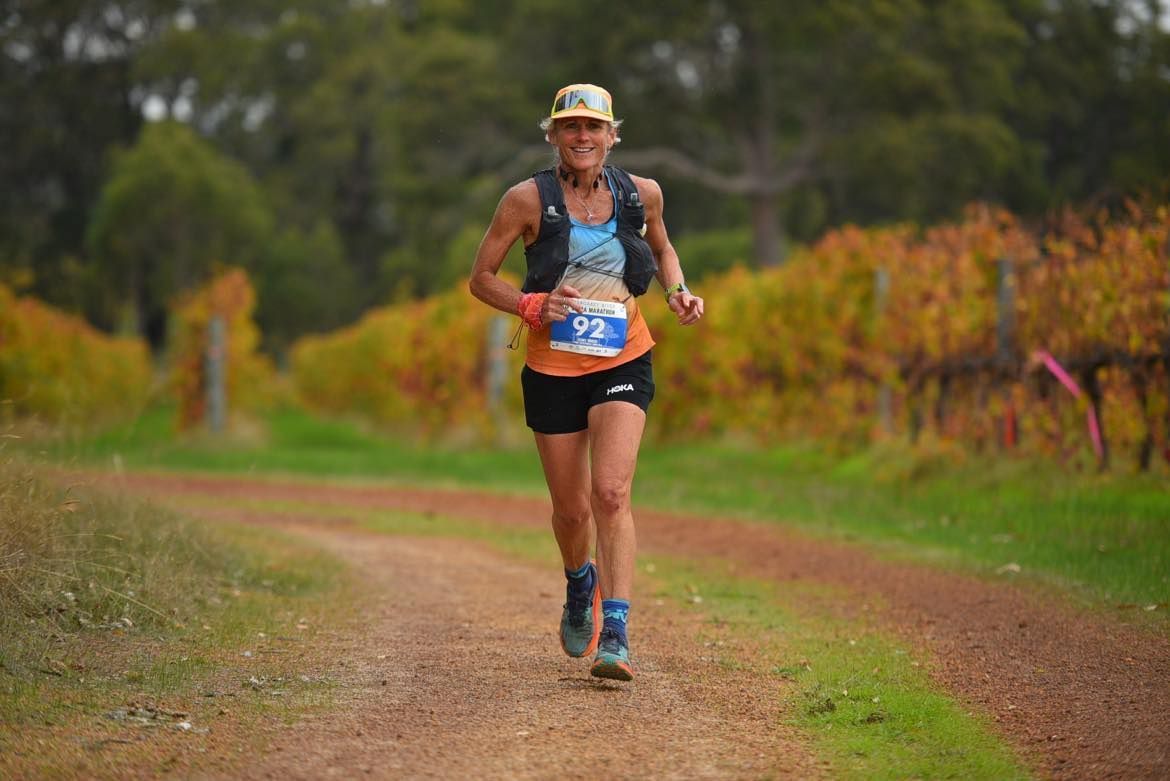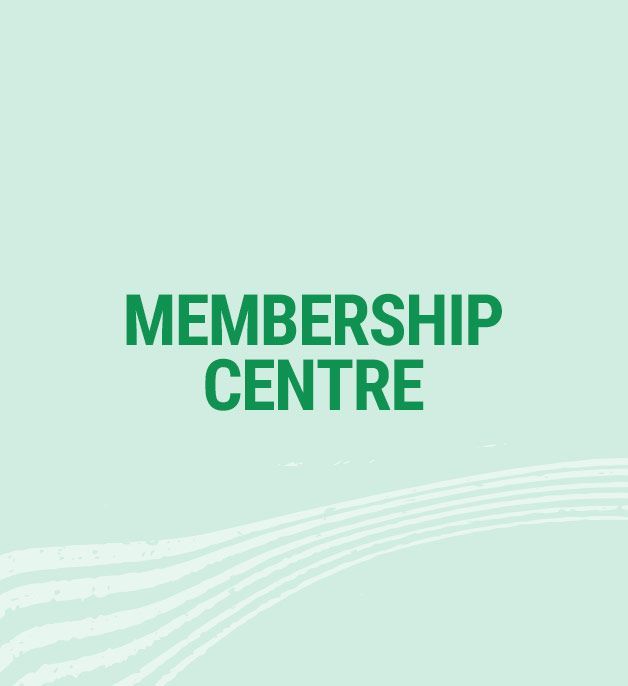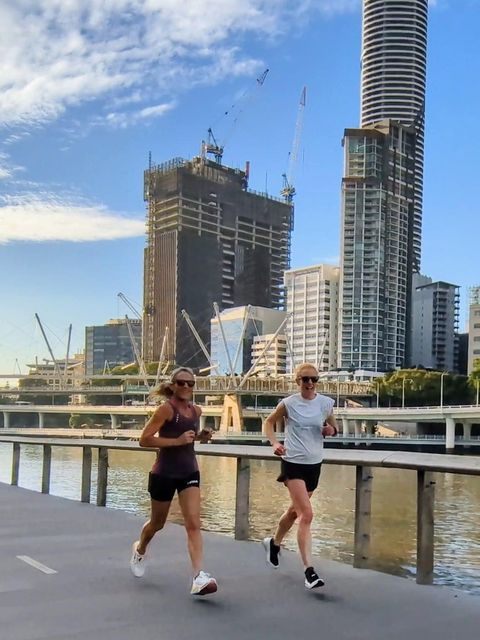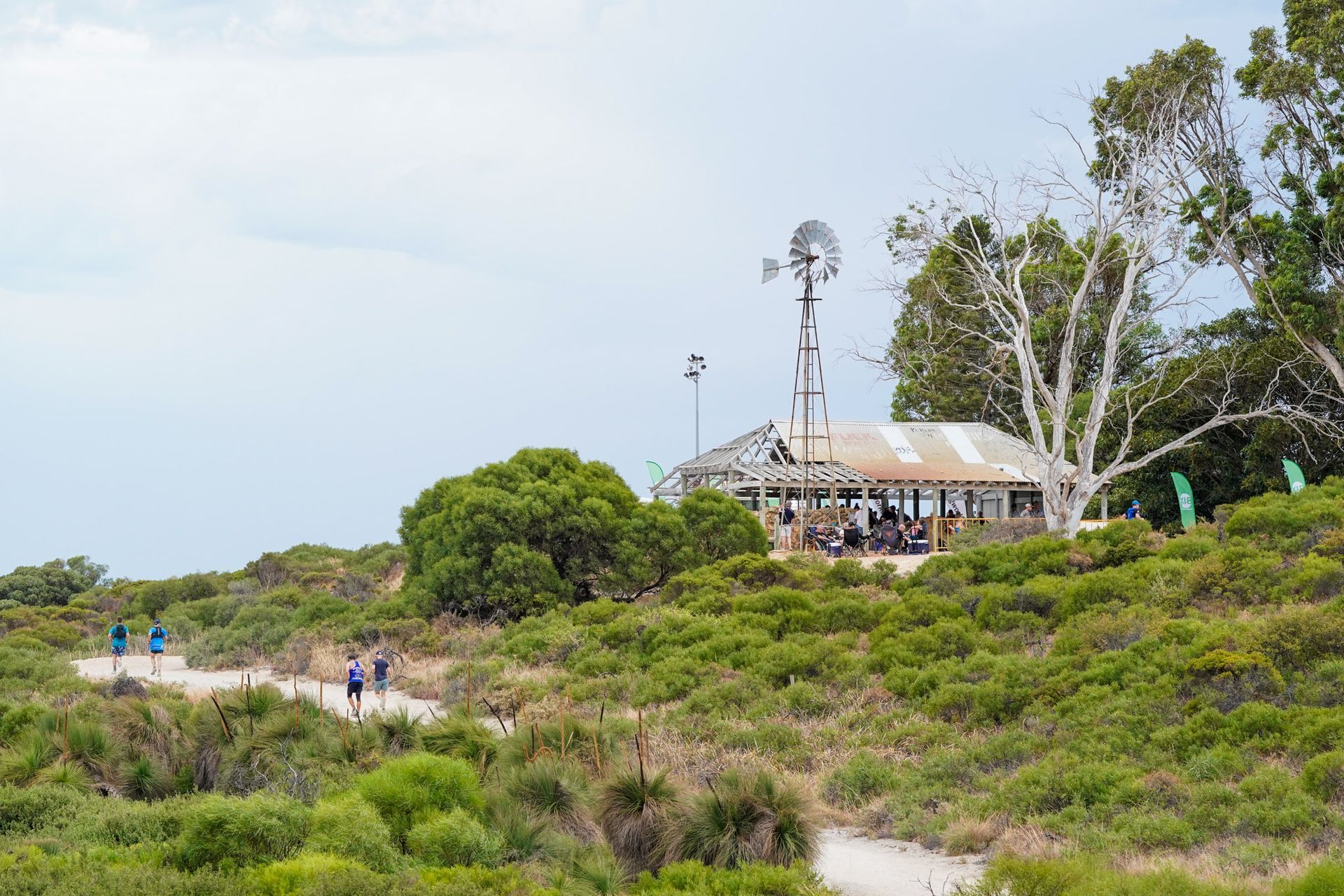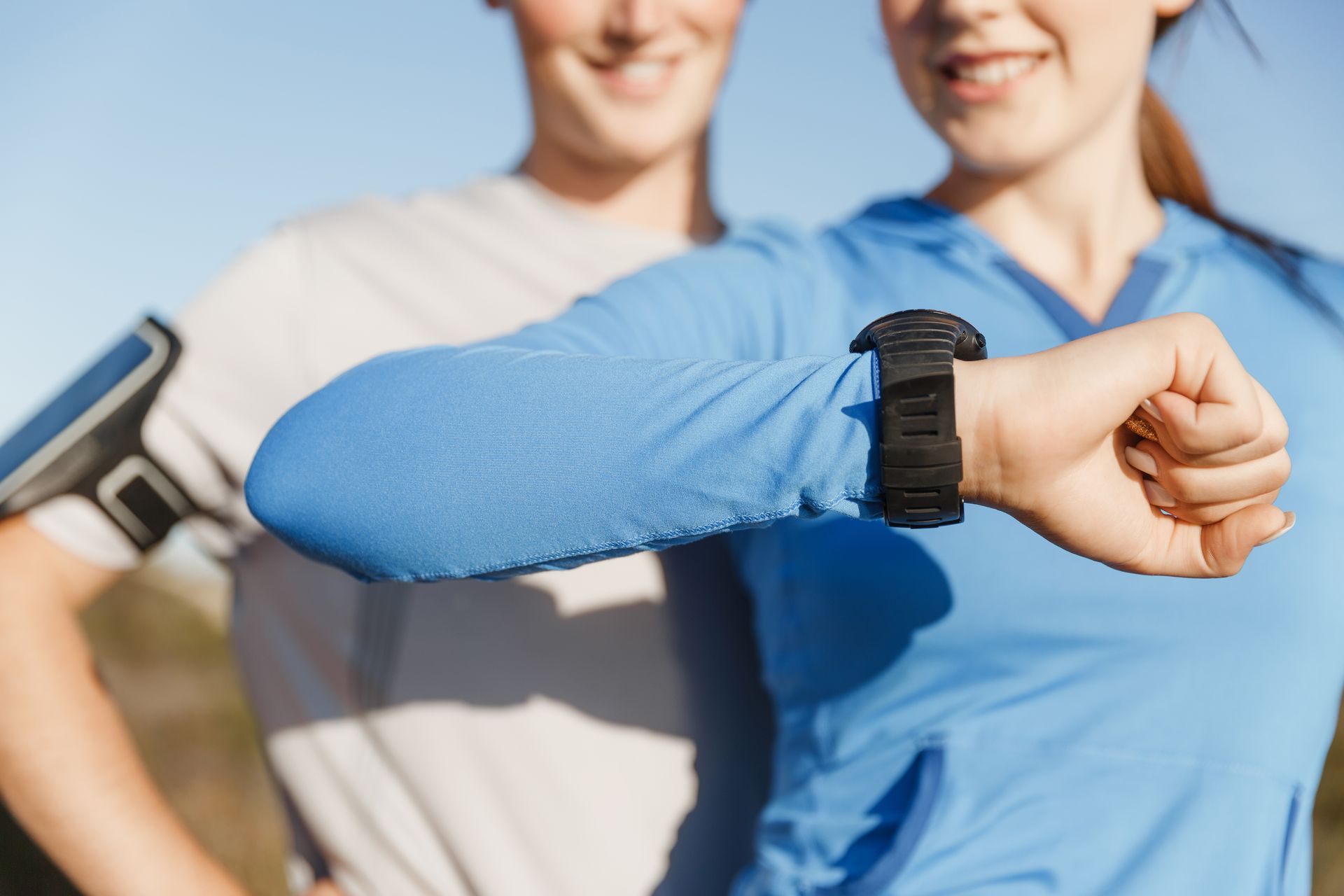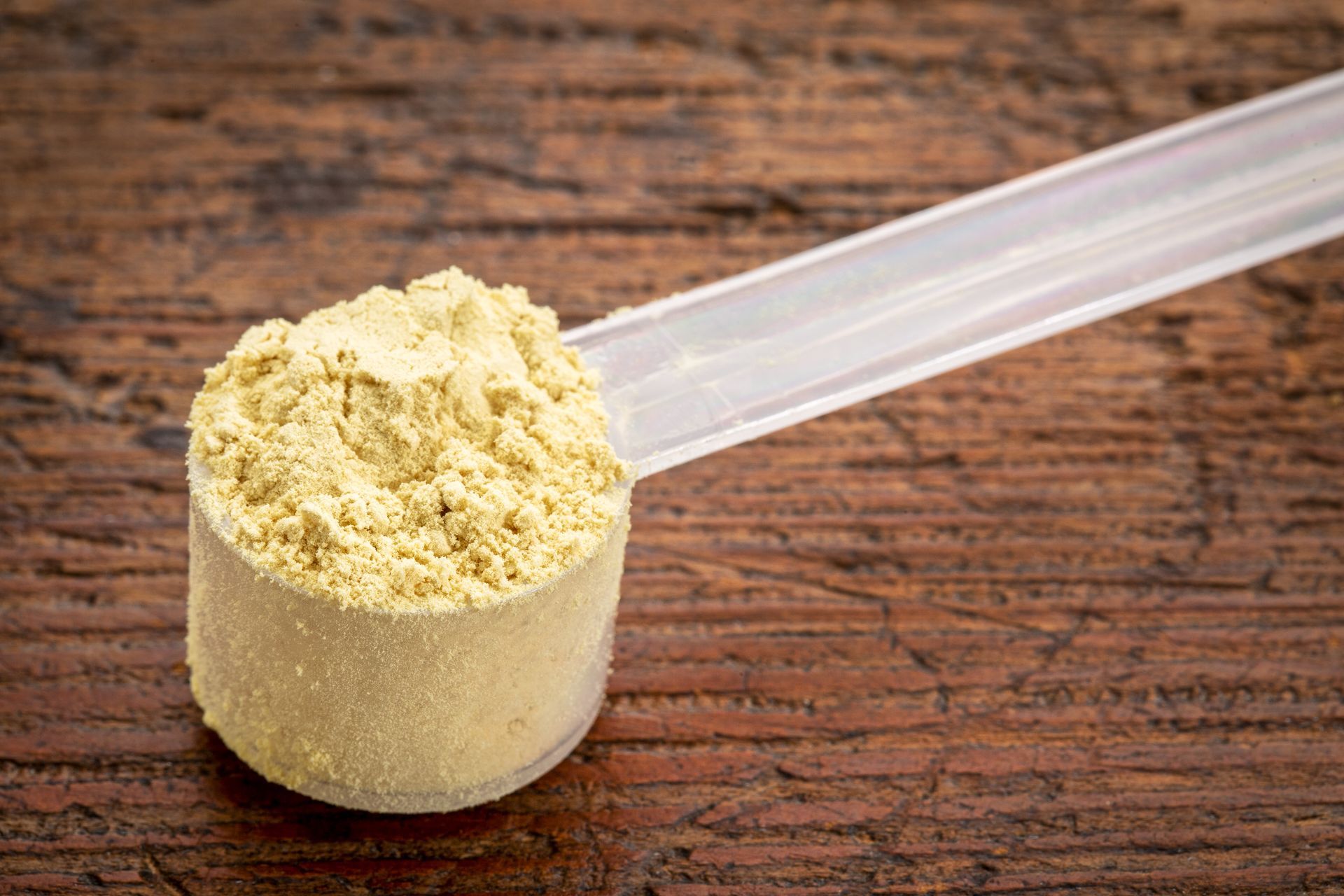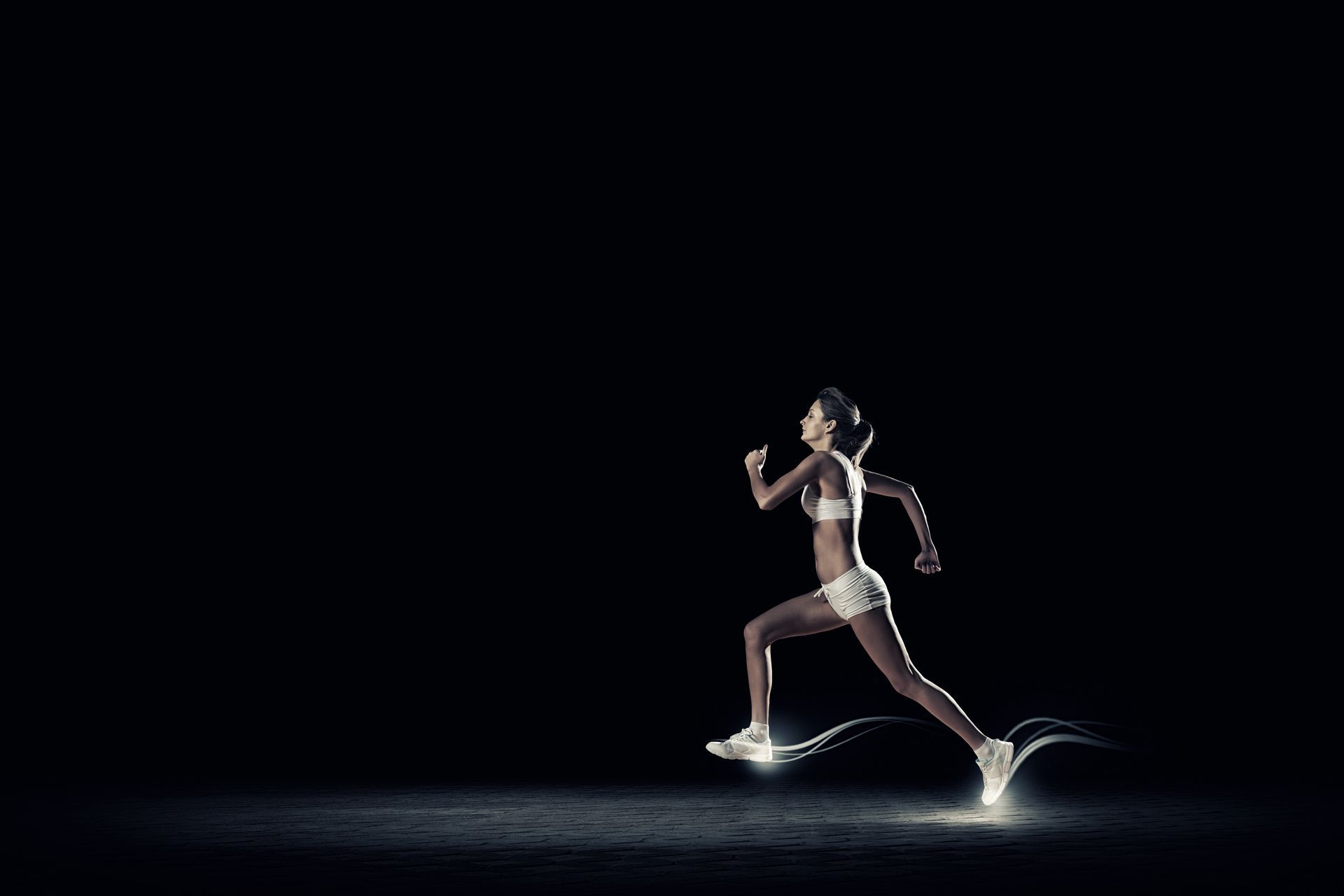
COACH’S CORNER - Running From Addiction by Jenny Morris
jenny morris writes about coaching an athlete following her recovery from alcohol addiction to qualify to represent australia in the 100km world championships

Drug and alcohol addiction can affect people from all walks of life, however, they are still stigmatised diseases that are considered by many to be a sign of weakness and something to be ashamed of. It will not have escaped anyone’s attention that there are a number of high profile athletes within the ultra running world who have experienced addiction issues in their past, one notable example being Rich Roll, an ultra endurance athlete and podcaster whose promising swimming career was sidelined by a drug and alcohol addiction that led him to rehab in his 30s.
Ultra running coach Jason Koop has estimated that around 30% of his athletes have battled with addiction issues at some point in their lives. But what is it that drives people in the process of recovery towards pushing themselves mentally and physically in ultra-endurance events? Are there certain personality traits that pre-dispose people to addiction and/or a love of our sport, and is it healthy to replace one addiction with another, albeit a healthier one? These are all questions that I have been considering since coaching an athlete who became sober in 2020, and has now been selected to represent Australia in the 100km World Championships to be held in India on 7 December 2024.
Emma Grey lives in rural NSW with her husband and three children, and life seems pretty idyllic on the property where they live, with beautiful views across to Gaanha Bula (Mount Canobolas), cattle and sheep roaming around, and the occasional (not so idyllic) snake thrown into the mix. The perfect place to raise a young family combined with beautiful places to run. However, life was not always so perfect for Emma, and when she moved from England to a remote property in Australia 13 years ago, she was extremely lonely, isolated and homesick. The alcohol culture in the UK at that time was admittedly unhealthy, with drunkenness encouraged, there were lots of late nights partying, and lots of days spent feeling seedy and hungover.
Upon arriving in Australia, whilst alcohol continued to play a big role in social events, Emma also started cracking a bottle of wine just for a quiet night watching TV, with one bottle eventually turning into two and sometimes more. Her behaviour was becoming more and more dangerous, and she was drinking to the point of blackouts several times a week. Eventually it became clear that she couldn’t go on living this way, trying to raise three children, working and trying to hide a drinking problem, and she reached out to a support group who, along with an amazing circle of friends and family, helped her to stop drinking almost four and a half years ago.
After such a long time of alcohol abuse, it took a while to start feeling healthy again, but after a few months of sobriety Emma started to include some exercise in her life. This led her to parkrun, and it was here that she learnt about Running Mums Australia (RMA), a community of women supporting each other no matter what their goals, and understanding the difficulties faced when trying to juggle training, family life, work and all of the commitments that come with parenting. RMA opened her eyes to the many different events available, and the incredible athletes taking them on, and from there it was a slippery slope. She entered Canberra Half Marathon and then UTA22 and it was when she was training for Stromlo 50 that she reached out to the founder of RMA, Nicole Bunyon, regarding coaching and it was suggested that Emma and I might be a good fit.
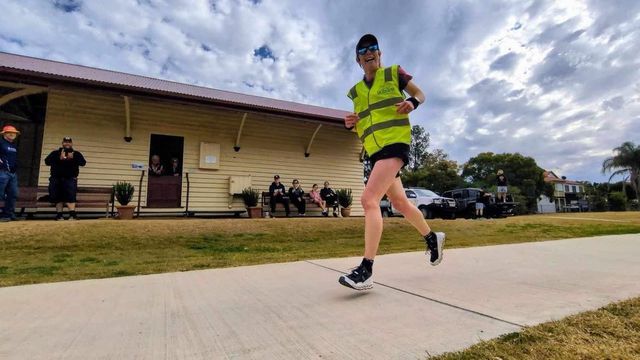
Our coaching relationship started in September 2021 and we have not looked back since then. We both soon recognized that with some good coaching and some solid training blocks, there was the potential for her to improve her running significantly. In my time coaching her, we have achieved several podium finishes, but more importantly than times and medals, Emma has found something that makes her truly happy and allows her to challenge and push herself, whilst also providing time for herself away from the demands of a busy family and work life.
Towards the end of 2023 we began our mission to attempt to get Emma to qualify for the WC team, the first step of which was becoming an Australian citizen which took place on Australia day this year. The next step was managing to run a qualifying time, something that turned out to be harder than anticipated. Emma was sidelined with an injury sidelining for the first few months of 2024, followed by a race cancellation, however eventually Emma was successful at The Southern Sydney Track Ultra 12hr event – completing 100km in a time of 8Hrs:34 which secured her a B qualifier to be considered for selection for the Australian women’s 100km WC Team.
The applications closed the very next day, so we were quick to get her application submitted, and on 10 September 2024 we were notified she had been successfully chosen to run as part of the Australian team in December this year. I am also excited to have been selected as one of the team’s official crew so will be able to support Emma and the Team whilst over in India and during the race.
So, what is it like to coach an athlete who has struggled with addiction, and how can we best support our athletes who have similar stories? I am very aware that recovery from addiction is a nuanced and delicate process, and there is not a ‘one size fits all’ pathway for everyone. I am also aware that I am in no way an expert in this field and can only tell you about my experience coaching Emma and give an overview of some of the current thinking around this topic. There is a growing amount of evidence suggesting that exercise is a useful tool to have available during recovery, and it is thought that aerobic exercise can rebalance neurotransmitters, reduce cravings and even repair damaged areas of the brain. We will all be aware of the ‘runners high’, a feeling of euphoria that is attributed to a burst of endorphins released during exercise.
Many people in recovery have reported that the runners high is a similar feeling to that experienced when taking the drug that they were addicted to. Is there a risk that these athletes are just swapping one addiction for another? Emma is the first one to admit that if she was left in charge of her training it is likely that she would over-do it. I find that I have to be careful with her programming, as she will often want to do more distance or faster paces, when it may not necessarily be beneficial to her training.
The other issue that is faced by all of us is the mental health impact of injury. Yes, we all know how much taking time out from the sport we love because of injury sucks, but for those with addictive personalities, it can be particularly difficult to have to temporarily give up something that they love and rely upon for its mental health benefits. The importance of checking in with our athletes and friends when they are injured and treating them with compassion and understanding cannot be understated, as was tragically highlighted by the death by suicide of Swedish trail runner Emilia Brangefält following health issues which put a stop to her running.
I asked Emma what she thinks the most important factors contributing to addiction recovery are. Her response was that she was pretty certain the most crucial aspect, In terms of early recovery, is that you talk to your doctor about it and make sure that you are detoxing in a safe way. If you can find a support program that works for you (and there are plenty of options available) then that is also a key aspect of successful recovery. But once you have those bases covered, the biggest thing that contributed to her sobriety was finding connection and community.
As runners we are particularly good at embracing community and we support our mates in achieving their goals whether that be running 5kms, 200kms, giving up alcohol or coming back from injury. The stigma and shame surrounding addiction is slowly being diminished. With more people now sharing their stories, the creation of sober communities within the running world like Run Naked, and by small acts like giving out alcohol free beers at finish lines shows we are including our sober mates too.
I feel very fortunate to have had the opportunity to see Emma grow into the runner she has become and wish her and the whole team the best of luck In India in the weeks to come.
Emma has recently spoken with Jenny White and Adam Keighran, on their Run Naked Podcast. Both Jenny and Adam are very well known in the ultra running scene and talk to Emma about her transition from alcohol addiction to today and where her running has taken her. The podcast is available to listen to on Spotify and attached here as well.
Jenny Morris is a Level 2 coach at Team J, based in NSW. She has coached multiple runners to 100km and milers and all the distances leading up to these. Jenny predominantly excels in the ultra field, including the female winner at the inaugural Bondi to Manly Ultra in 2022.
iF YOU WOULD LIKE MORE INFORMATION ON BEING TRAINED BY Jenny, CLICK THROUGH HERE TO OUR AURA ENDORSED COACHES PAGE.
